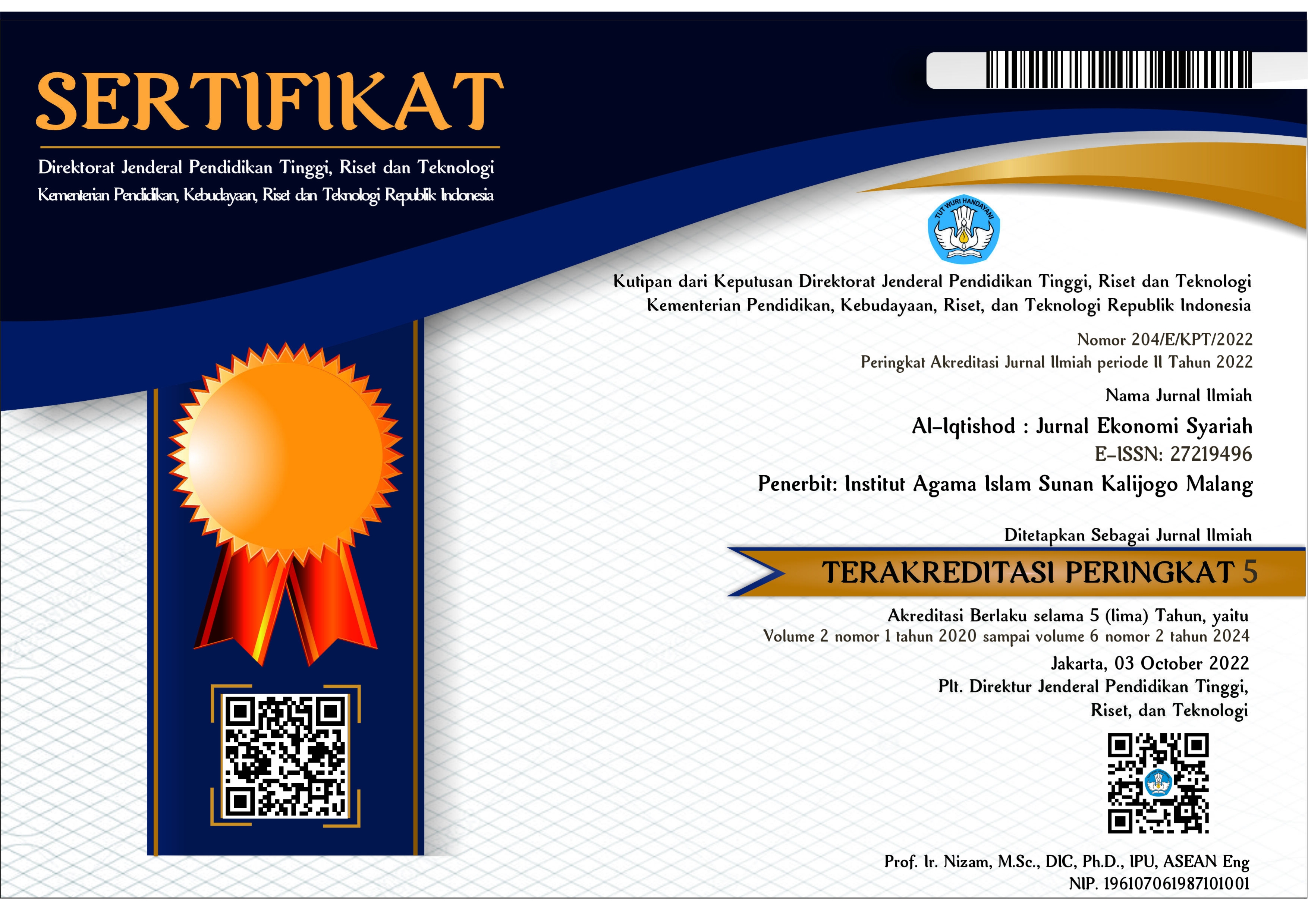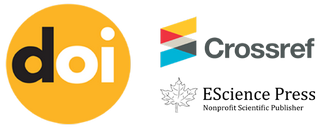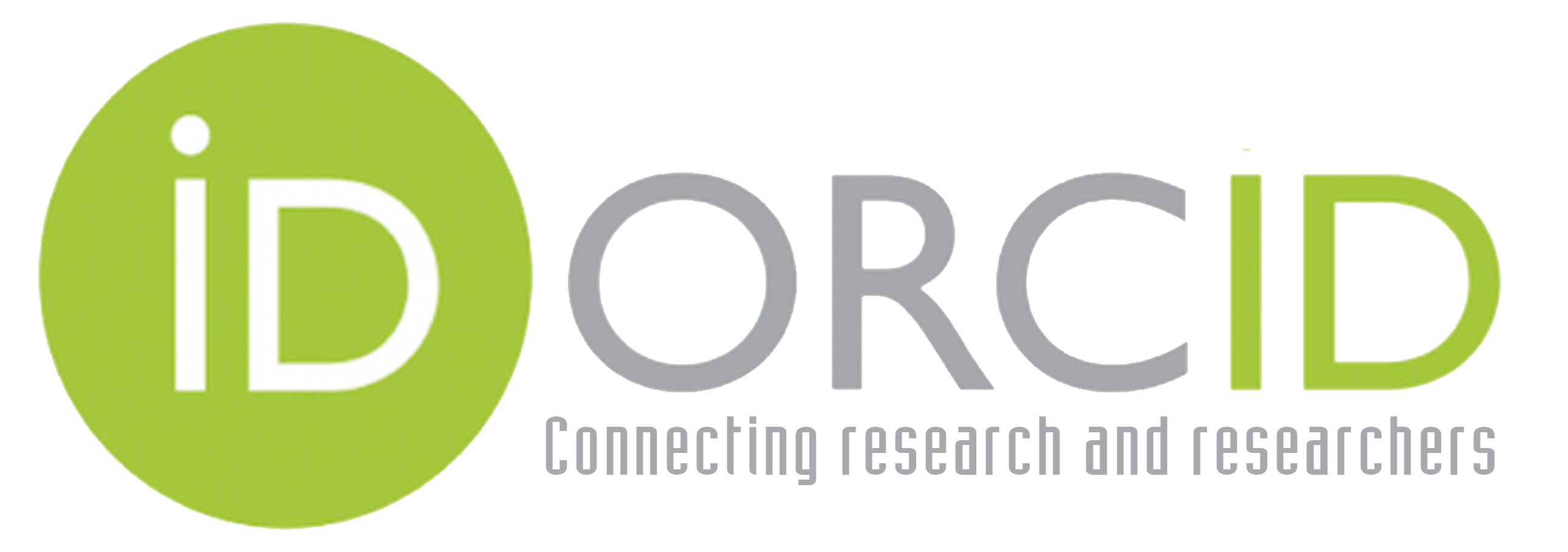Tantangan dan Peluang Menuju Ekonomi Inklusif dalam Upaya Menjangkau Generasi Milenial
DOI:
https://doi.org/10.51339/iqtis.v7i1.3470Keywords:
Ekonomi Inklusif, Generasi Milenial, ESG (Environmental, Social, Governance)Abstract
Sharia economics in Indonesia holds significant potential to drive inclusive national economic growth, especially considering that approximately 87% of the population is Muslim. However, the development of this sector still faces fundamental challenges, such as low levels of Islamic financial literacy, limited access to Sharia-based financing for MSMEs, and suboptimal digital integration between the financial and real sectors. This study reveals that although millennials exhibit a high level of digital technology adoption and show interest in ethical, riba-free financial principles, there remains a significant information gap. The lack of understanding of Islamic economic principles prevents this productive age group from fully utilizing the potential of the Sharia economy.
Millennials tend to be interested in Sharia financial products if those products offer ease of use, convenience, and competitive digital features. Moreover, social values such as justice, sustainability, and community concern also serve as strong motivators in their choice of Sharia-compliant services. Nevertheless, concerns over data security, the lack of clarity in legal and fatwa rulings on digital products, and the perception of limited innovation in Sharia products remain serious obstacles. Therefore, synergy between the government, Sharia financial institutions, and digital industry players is crucial to enhance education, strengthen regulations, and develop Sharia products that are adaptive and relevant to younger generations in the effort to achieve an inclusive economy.
Downloads
References
Adinugroho, M., Rasyid, R. A., Putra, R. S., Akbar, M. R. I., & Herlambang, T. (2023). Perilaku Konsumen dalam Perspektif Ekonomi Syariah: Kajian Teori dan Praktik. JMM17: Jurnal Ekonomi dan Manajemen, 10(1), 30-36.
Ali, M. M., Devi, A., Furqani, H., & Hamzah, H. (2020). Determinan inklusi keuangan Islam di Indonesia: pendekatan ANP. Jurnal Internasional Keuangan dan Manajemen Islam dan Timur Tengah, 13(4), 727-747.
Amani, S. N., Lestari, W. N., & Nurjanah, Y. (2023). Accommodating Digital Transformation in Sharia Financing of Sharia Financial Institutions: Indonesian Case. Journal of Economicate Studies, 7(2), 27-41.
Dearing, JW, & Cox, JG (2018). Teori, prinsip, dan praktik difusi inovasi. Health affairs , 37 (2), 183-190.
Hidayati, YE, & Addainuri, MI (2024). Ekonomi Hijau dan Ekonomi Islam: Menuju Percepatan SDGs. Jurnal Manajemen Bisnis, 11(2), 1413-1430.
Hwang, B. G., Ngo, J., & Teo, J. Z. K. (2022). Challenges and strategies for the adoption of smart technologies in the construction industry: The case of Singapore. Journal of Management in Engineering, 38(1), 05021014.
Indiahono, D. (2022). Merancang kebijakan untuk merangsang ekonomi kreatif digital bagi generasi milenial dan generasi Z. KnE Social Sciences , 86-94.
Iqbal, I. H., & Kassim, M. C. (2024). Tantangan Regulasi dan Inovasi: Memperkuat Fondasi Ekonomi Islam untuk Pertumbuhan Berkelanjutan. Seriat Ekonomisi, 1(2), 21-33.
Irawan, H. (2024). PERANAN EKONOMI SYARIAH YANG INKLUSIF DALAM MENDORONG PERTUMBUHAN EKONOMI. Jurnal Penelitian Ilmiah Multidisiplin, 8(11).
Kanwal, A., Tayyab, M., & Idrees, S. (2023). Menjelajahi hubungan teknologi keuangan, inklusi keuangan, dan blockchain dalam keuangan Islam dalam transformasi digital. Pakistan Journal of Humanities and Social Sciences, 11(4), 4055-4069.
Qizam, I., Berakon, I., & Ali, H. (2025). Peran rantai nilai halal, inklusi keuangan syariah, dan ekonomi digital dalam transformasi sosial ekonomi: studi pada pesantren di Indonesia. Jurnal Pemasaran Islam , 16 (3), 810-840..
Rohman, A. N., Fitriana, D., & Aidy, W. R. (2023). Enhancing Economic Security through Sharia Fintech Regulation in Indonesia: Strengthening the Sharia Business Ecosystem. Fiat Justisia: Jurnal Ilmu Hukum, 17(3), 237-260.
van Niekerk, A. (2022). Ekonomi Inklusif: Kriteria, Prinsip, dan Ubuntu (hlm. 506). UJ Press.
Zarwi, M., Marchand, S., Kennard, B., & Michael, J. (2023). Generasi milenial dan komitmen organisasi: perspektif saat ini dan masa depan. Human Resource Development International , 26 (5), 642-654.
Downloads
Published
How to Cite
Issue
Section
License
Copyright (c) 2025 Meyla Nur Vita Sari

This work is licensed under a Creative Commons Attribution-ShareAlike 4.0 International License.



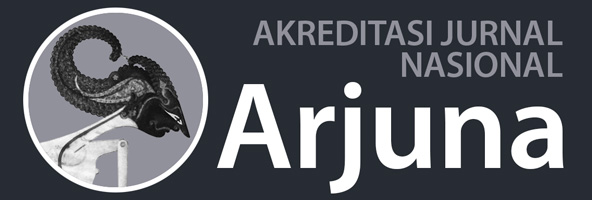
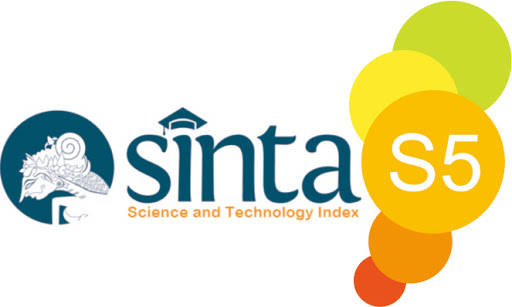
 ISSN
ISSN

